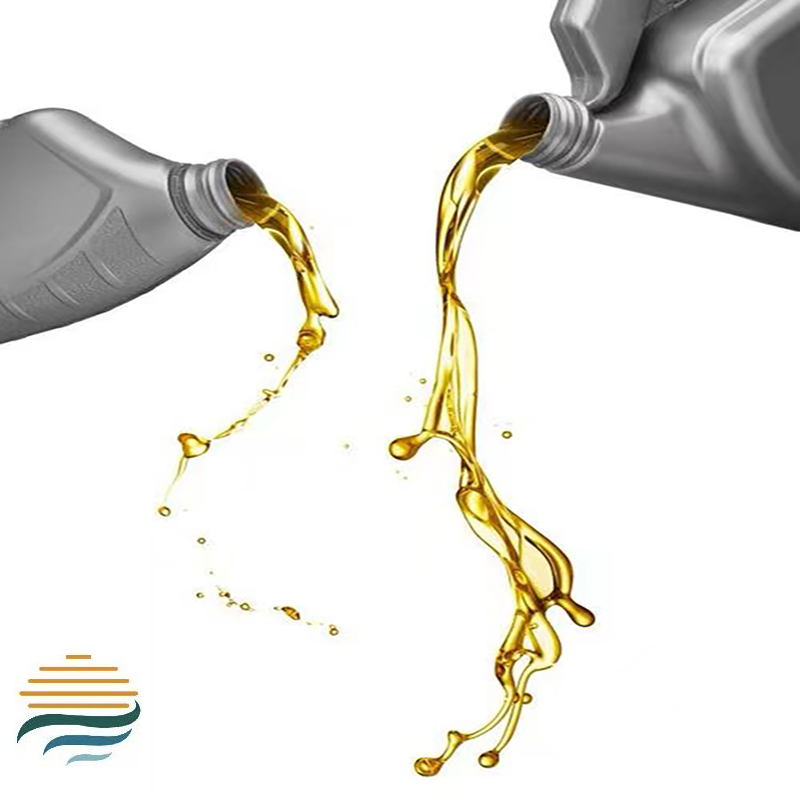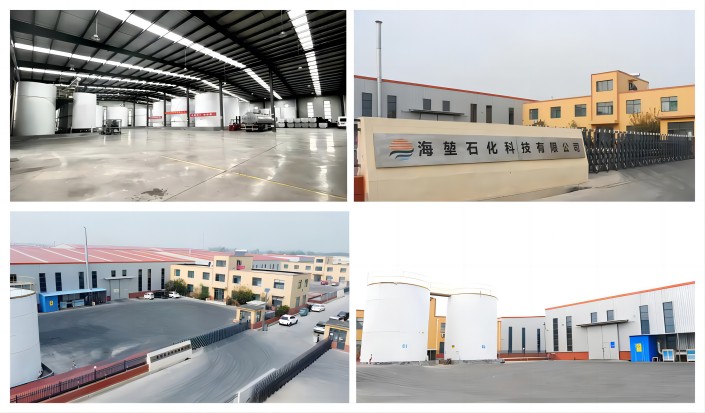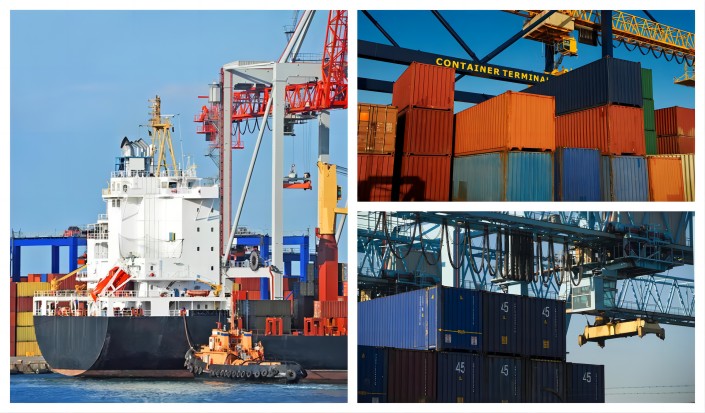Lubricating Oil For Refrigeration Oil
Fridge oil, alternatively termed as cooling lubricant or refrigeration lubricant, serves as a dedicated lubricant for the intricate moving elements within a refrigeration compressor. Its primary function is to lubricate the compressor, the pivotal element of refrigeration systems, thereby ensuring seamless and optimal performance.
Product Details:Lubricating Oil for Refrigeration Oil
In the realm of refrigeration equipment, refrigerator oil is indispensable for ensuring peak performance. Its influence extends beyond merely enhancing compressor efficiency and lifespan; it also critically shapes the stability and reliability of the entire system. Consequently, the selection and application of refrigerator oil must be meticulously planned, with meticulous consideration given to the unique requirements of the refrigeration machinery and its operational context.
PARAMETER:
Sports Event | Quality Indicators | Test Methods | ||||||||||
assort ment | L-DRA | L-DRB | ||||||||||
Viscosity grade | 15 | 22 | 32 | 46 | 68 | 15 | 22 | 32 | 46 | 68 | ||
Kinematic viscosity (40°C) mm²/s) | 13.5- 16.5 | 19.8-2 4.2 | 28.8-3 5.2 | 41.4-50 .6 | 61.2-74 .8 | 13.5-16 .5 | 19.8-24 .2 | 28.8-35 .2 | 41.4-50 .6 | 61.2-74 .8 | GB/T265 | |
open-mouth ed flash Point, °C | Not less than | 150 | 150 | 160 | 160 | 170 | 150 | 160 | 165 | 170 | 175 | GB/T353 6 |
Pour point,°C | Not higher than | -35 | -35 | -30 | -30 | -25 | -45 | -45 | -42 | -39 | -36 | GB/T353 5 |
Moisture/mg/kg | Not greater than | 50 | 50 | 50 | 50 | 50 | 35 | 35 | 35 | 35 | 35 | GB/T111 33 |
step level | Not greater than | 1b | 1b | 1b | 1b | 1b | 1a | 1a | 1a | 1a | 1a | GB/T509 6 |
1. Specifications:
GB/T 16630-1996
2. Selection Points:
(1) Operating Temperature Range: Refrigerator oils must be able to maintain good performance over the operating temperature range of the refrigeration system. Different freezer oils have different operating temperature ranges and therefore need to be selected based on the needs of the specific system.
(2) Pressure Requirements: Understand the operating pressure of the system to ensure that the selected freezer oil can work stably at that pressure.
(3) Refrigerant type: The choice of freezer oil also requires consideration of compatibility with the refrigerant. Different refrigerants may require different types of freezer oil to ensure proper system operation.
3. Applications:
(1) Freezer oil: mainly used in refrigeration equipment and systems, such as air conditioners, refrigerators, freezers and so on. These equipments need freezer oil to lubricate and protect the normal operation of the internal moving parts of the compressor.
(2) Lubricants: are widely used in various mechanical equipment and vehicles, such as automobile engines, transmissions, bearings, gears, etc. These devices need lubricants to minimize friction and protect the internal moving parts of their compressors. These equipments need lubricants to reduce friction and wear, reduce power consumption and noise, and improve operational efficiency and reliability.
Own Factory
Employees at Working
Canned Oil Products
Transportation
SERVICE
Safety and Environmental Protection
Safety and environmental protection is a social responsibility that chemical companies cannot shirk. We are well aware of the importance of safe production and environmental protection, so we always put safety and environmental protection work in the first place. Through the establishment of a sound safety and environmental protection management system, we ensure that the production process of safety and environmental protection measures are effectively implemented.
Teamwork and mutual growth
We believe that only by uniting can we overcome all difficulties. Our corporate culture advocates teamwork and encourages employees to support and learn from each other. We regularly organize team building activities to enhance team cohesion and jointly contribute to the development of the enterprise.
FAQ:
Q: How would you describe your company's main operations globally?
A: Our company operates globally, specializing in the acquisition, distribution, and logistical facilitation of imported and exported goods across international borders.
Q: What are the initial steps for entering a partnership agreement with you?
A: As an initial step, please send us a message from the website stating your intention to partner with us. We'll then arrange a meeting to discuss the terms and conditions of our partnership.
Q: How can we communicate effectively when there are cultural differences between us?
A: We will respect and understand your cultural background, and maintain effective communication with you through email, telephone, video conference and other means. At the same time, we will also provide professional translation services to ensure smooth communication between both parties.












